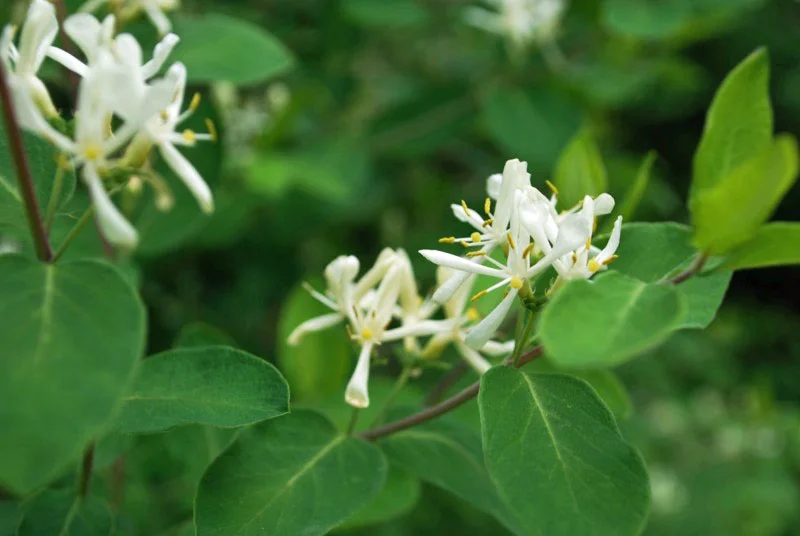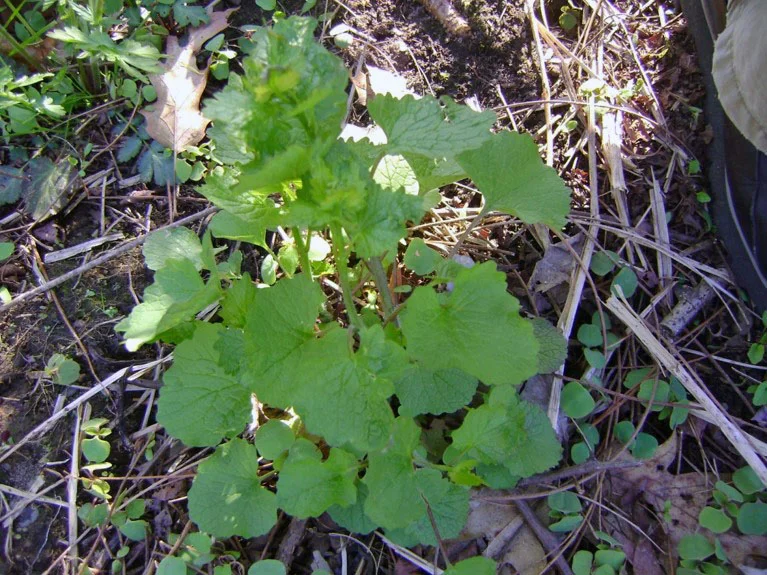Invasive plants
Bush Honeysuckle (Lonicera tatarica):
Tartarian honeysuckle has ovate, opposite, blue-green leaves
It is multi-stemmed and can grow up to 3 meters
The flowers develop in pairs in the axils of the leaves in May and are tubular with colors ranging from white to pink to red
Bush honeysuckle is native to Eurasia
It has been hypothesized that bush honeysuckle may produce allelopathic chemicals and reduce the germination and growth of surrounding vegetation
Bush honeysuckle leaf out earlier than many native species and hold their leaves longer than most native vegetation (until November), which effectively shades out surrounding plants
Garlic Mustard (Alliaria petiolata):
Garlic mustard is a 12-40 inch forb
The basal leaves of garlic mustard are kidney shaped and have scalloped edges
The stem leaves are alternate, sharply toothed, and triangular
The leaves, when crushed, smell distinctly like garlic
Garlic mustard produces a single flower stalk in April to June
The flowers have four white petals and are 6-7 mm in diameter.
It is hypothesized that the secondary compounds produced in garlic mustard affect the germination and growth of surrounding native plants
Garlic mustard also has no native predators in the U.S. whereas there are many insects in Europe that each this plant species
Bush Honeysuckle, Photos by Juliet Kaye
Garlic Mustard plant, Photo by Madeleine DeManche
Bush Honeysuckle, Photos by Juliet Kaye
Garlic Mustard flowers, Photo by Juliet Kaye





